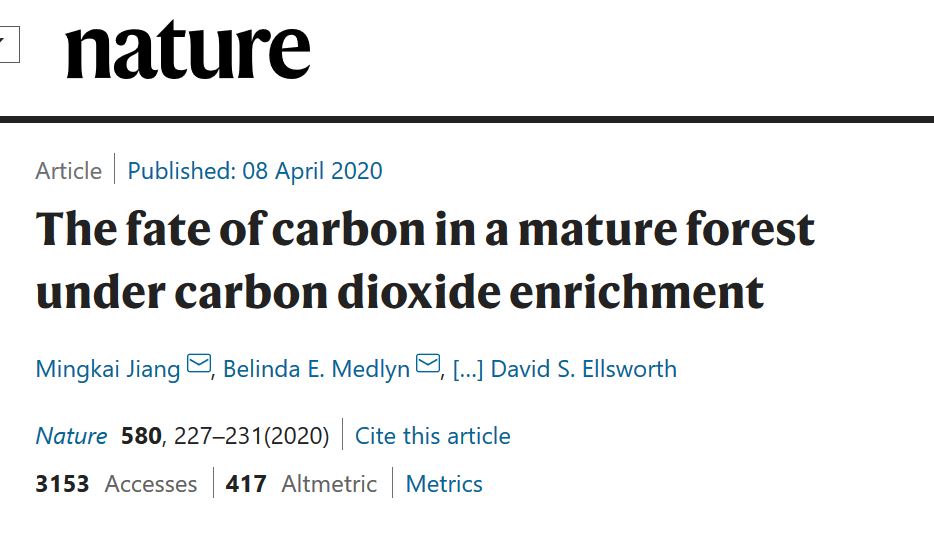March 9, 2020
Published by BC3Research at March 9, 2020
Categories
BC3- Basque Centre for Climate Change, as a research centre for the causes and consequences of Climate Change, has acceded to take part at ReActívate + initiative promoted by the Bizkaia Provincial Council.The initiative is based on the commitment to the Global Action Plan (GAP), an international network created with the objective of reducing CO2 emissions, and helping to meet the United Nations Sustainable Development Goals (SDGs). This initiative aims to make 180,000 households change their habits in daily activities to: reduce household expenses, reduce the impact we produce on the planet and improve the quality of life of the place where we live.
March 25, 2020
Published by BC3Research Iratxe Rubio at March 25, 2020
Categories
There is broad evidence of climate change causing shifts in fish distribution worldwide, but less is known about the response of fisheries to these changes. Responses to climate‐driven shifts in a fishery may be constrained by existing management or institutional arrangements and technological settings. In order to understand how fisheries are responding to ocean warming, we investigate purse seine fleets targeting tropical tunas in the east Atlantic Ocean using effort and sea surface temperature anomaly (SSTA) data from 1991 to 2017.
Do you like it?
March 26, 2020
Published by BC3Research Iratxe Rubio at March 26, 2020
New publication, in order to understand how fisheries are responding to ocean warming, researchers from the Future Oceans Lab at CIM-University of Vigo, the Basque Centre for Climate Change (BC3), CSIRO and Marine Support investigated the distribution of purse seiner activity in the Atlantic Ocean.
Do you like it?
April 14, 2020
Published by Teresa Gimeno BC3Research at April 14, 2020
Categories
Atmospheric carbon dioxide enrichment (eCO2) can enhance plant carbon uptake and growth, thereby providing an important negative feedback to climate change by slowing the rate of increase of the atmospheric CO2 concentration. Although evidence gathered from young aggrading forests has generally indicated a strong CO2 fertilization effect on biomass growth, it is unclear whether mature forests respond to eCO2 in a similar way.
Do you like it?




